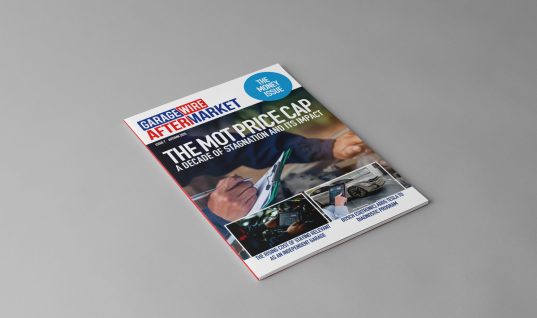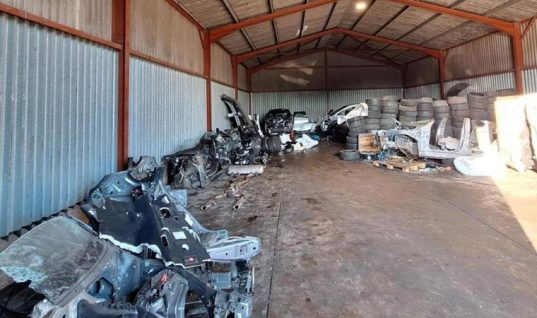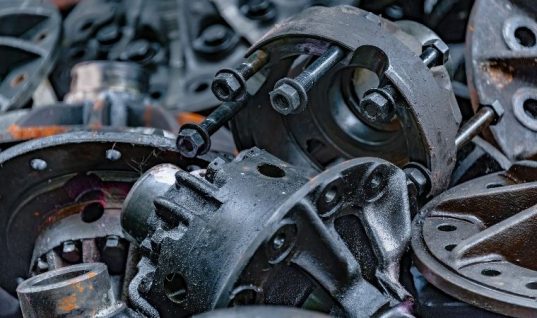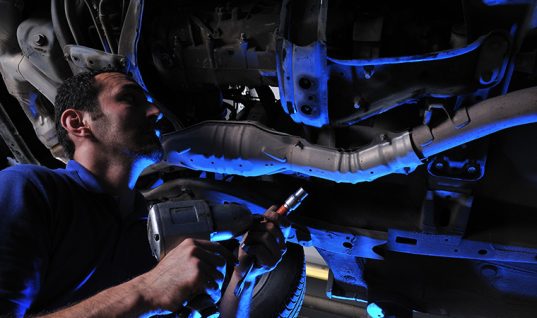The average age of a car on UK roads has reached a record high of nine years and ten months, according to an analysis of official vehicle registration figures by the RAC Foundation. This is a significant increase from an average age of seven years and five months just a decade ago.
The analysis suggests two main reasons for this trend. On one hand, it indicates that the reliability and build quality of modern cars have improved, allowing them to last longer. On the other, it points to economic factors, such as inflated new car prices and the cost-of-living crisis, which are deterring motorists from replacing their vehicles. The uncertainty and “mixed messaging” around the transition to electric vehicles are also cited as a factor, with drivers adopting a “wait-and-see approach.”
By fuel type, petrol cars have the oldest average age at ten years and four months, followed closely by diesels at ten years and one month. As expected, newer technologies are much younger, with the average plug-in hybrid being three years and four months old, and the average electric vehicle just two years and six months old.
As of the end of 2024, there were almost 34 million licensed cars in the UK, with more than two in five (40.7%) being at least ten years old.
Steve Gooding, director of the RAC Foundation, commented that the ageing fleet is bad news for the environment, as the replacement of fossil-fuelled cars with low or zero-emission models is not happening as quickly as policymakers had hoped.
Source: Daily Mail








Brian Worth
I would say the opposite, people are holding on to their vehicles longer because modern vehiclesw are unreliable and expensive to maintain. i.e anything with a wet belt.